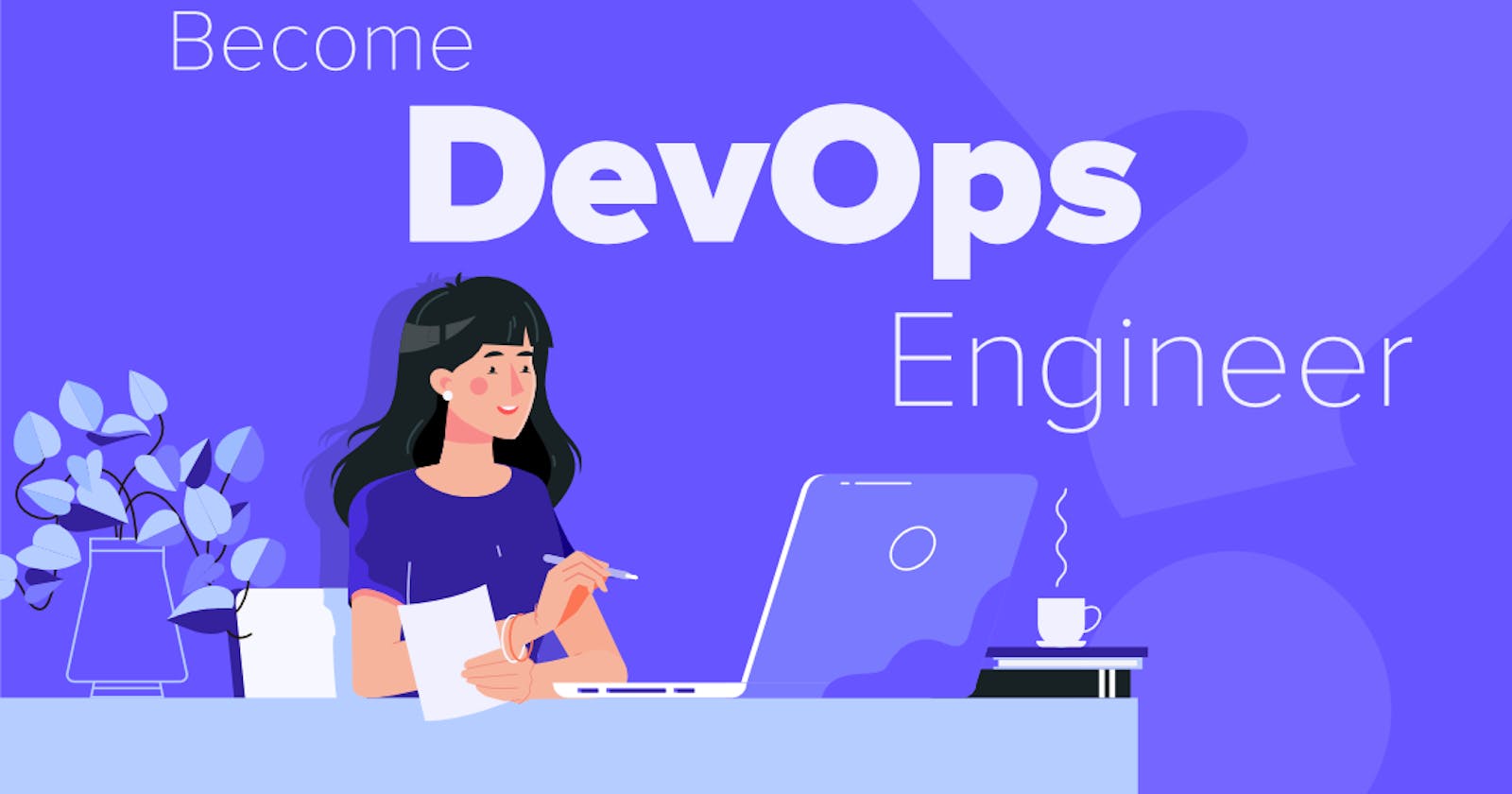Are you interested in becoming a DevOps engineer? DevOps is a rapidly growing field that combines software development and IT operations, and it requires a unique set of skills and knowledge. But where do you start? Don't worry, we've got you covered with this roadmap to becoming a proficient DevOps engineer.
Get Familiar with DevOps Principles Before diving into the technical skills required for DevOps, it's important to understand the underlying principles and methodologies of DevOps. This includes understanding the importance of collaboration between development and operations teams, automation, and continuous improvement.
Learn a Programming Language While DevOps is not strictly a programming role, knowing a programming language can be incredibly useful for automating tasks and working with infrastructure as code. Popular programming languages for DevOps include Python, Ruby, and PowerShell.
Learn About Containers and Orchestration Containers and orchestration tools like Docker and Kubernetes have become an essential part of modern DevOps practices. Learning about containers and how to manage them with orchestration tools will give you a solid foundation for working in a DevOps environment.
Continuous Integration and Continuous Deployment (CI/CD) Continuous integration and continuous deployment (CI/CD) are critical components of DevOps. Understanding how to use tools like Jenkins, Travis CI, or CircleCI to automate the build, test, and deployment of software will enable you to deliver high-quality software at a faster pace.
Infrastructure as Code (IaC) Infrastructure as code (IaC) is the practice of managing infrastructure in a declarative manner using code. This includes using tools like Terraform, Ansible, or CloudFormation to manage infrastructure and automate the provisioning of resources in the cloud.
Monitoring and Logging In a DevOps environment, it's important to have visibility into the performance and health of your systems. Learning how to use monitoring and logging tools like Prometheus, Grafana, or ELK stack will help you quickly identify and resolve issues.
Security Security is an important consideration in any software development process. Learning about security best practices and tools like Vault, OpenSCAP, or SELinux will help you ensure that your.
Congratulations on taking the first step toward becoming a proficient DevOps engineer! Learning DevOps can be a challenging but rewarding journey, and I hope this roadmap has given you a clear understanding of the skills and knowledge required to succeed in this rapidly growing field. Remember that becoming a successful DevOps engineer requires dedication, persistence, and a willingness to learn and adapt to new tools and technologies. But with the right mindset and a commitment to mastering each step along the way, you can reach your goal and achieve success in the world of DevOps. Good luck on your journey!
